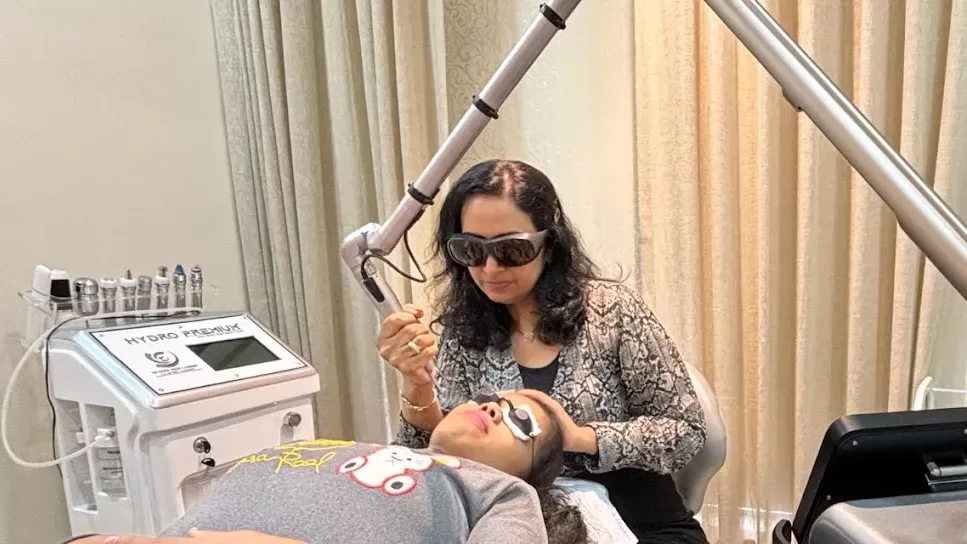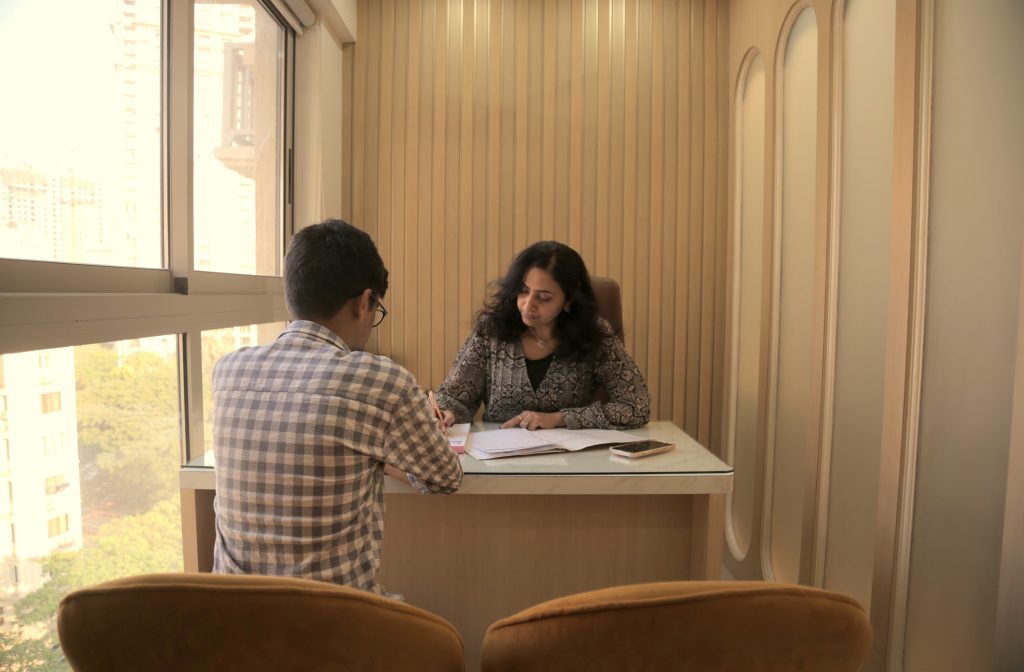Learn the Causes, Myths, and Care Tips
Seeing strands of white hair in your 20s or even late teens can feel alarming. While many people associate white or grey hair with aging, premature hair whitening (canities) is increasingly common today. But what exactly causes hair to lose its color so early? And what can you do about it? Let’s break it down in simple, relatable terms.
What Actually Causes Hair Whitening at a Young Age?
Hair gets its natural color from a pigment called melanin. When your hair follicles stop producing enough melanin, your hair turns grey or white. For some, this reduction happens much earlier due to various reasons:
- Genetics – If early greying runs in your family, you are more likely to experience it too.
- Stress – High stress can impact your hair health and accelerate whitening.
- Vitamin Deficiency – Low levels of Vitamin B12, iron, and copper may contribute.
- Oxidative Stress – Free radicals damage hair follicle cells, reducing melanin.
- Smoking – Tobacco use is strongly linked with premature hair whitening.
- Health Conditions – Autoimmune issues like vitiligo or thyroid problems can trigger early greying.
Common Myths About White Hair at a Young Age
When people spot white strands early, they often blame the wrong things. Let’s clear up the common myths:
- Myth: Plucking one white hair makes more grow.
Fact: Each hair follicle produces only one strand. Plucking won’t cause more white hair, though it can damage the follicle. - Myth: Too much screen time causes white hair.
Fact: There is no direct link, though stress from lifestyle habits may play a role. - Myth: Applying oil will reverse white hair.
Fact: Oils nourish hair but do not change its natural pigment. - Myth: Only older people get white hair.
Fact: Even teens can experience premature hair whitening.
Care Tips for Managing White Hair at a Young Age
While you cannot fully reverse premature greying, the good news is you can slow it down and keep your hair looking healthy. Here are practical care tips:
When Should You See a Doctor?
If your hair is turning white at a young age and is accompanied by hair fall, brittle strands, or other health symptoms, it’s best to consult a dermatologist. Sometimes premature hair whitening is linked with underlying conditions that need attention.
Key Takeaway
If your hair is turning white at a young age, don’t panic. Genetics, lifestyle, and nutrition all play a role. While there’s no magic cure to reverse white hair, healthy habits and timely care can slow down the process and keep your hair strong and shiny.


